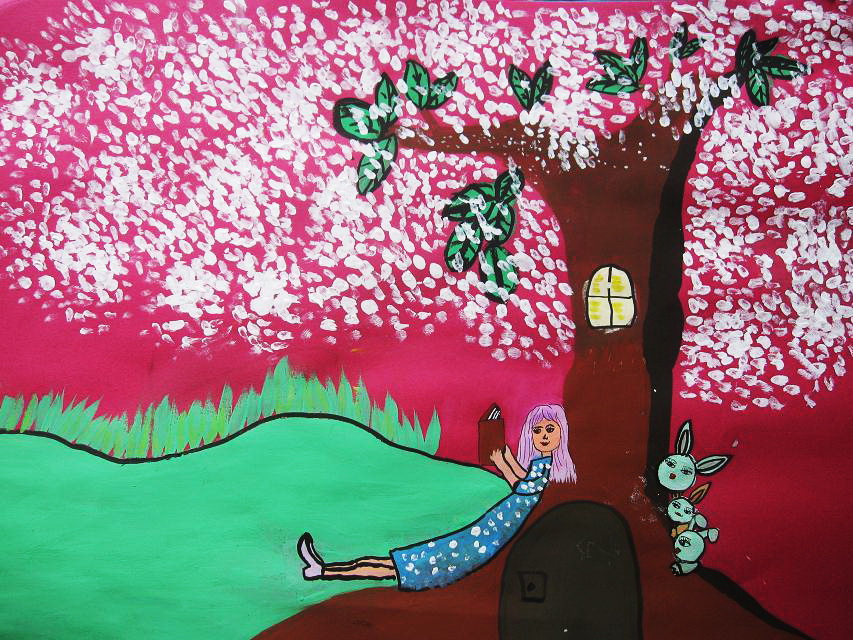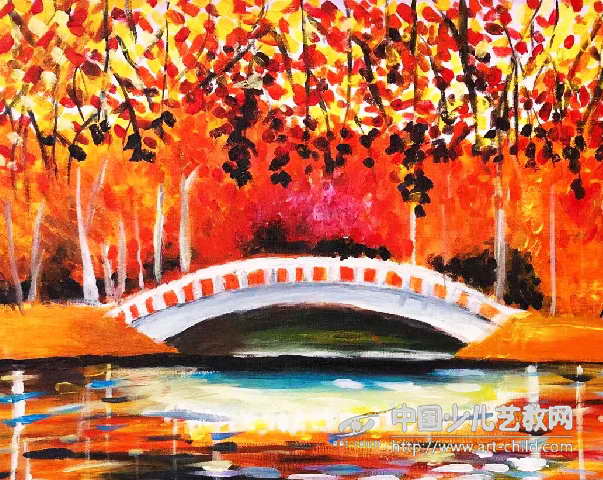端午节英语作文:端午节的故事
来源:全息网
作者:本站编辑
发表于: 2012-04-01 08:23
The fifth day of the fifth lunar month is a traditional Chinese festival dedicated to the great patriotic poet Qu Yuan for his devotion to his native state.
Qu Yuan lived in the state of Chu during the Warring States period (475~221 B.C.). Chu was in condtant danger of being invaded by the state of Qin, the strongest among the seven states then existing in central china. As one of the dukes, Qu Yuan advocated that Chu should join forces with the neighboring state of Qi to fight against Qin's troops. However, his patriotism and dedication were betrayed by capitulators who slandered him. The king of Chu believed them and sent Qu Yuan into exile. He wrote many immortal masterpieces exposing the corrupt and incompetent feudal regime. In his autobiographic works he expresses his political position and his ambition of rejuvenating his state. When Qu Yuan heard that Qin troops had occupied the Chu capital, he threw himself into the Miluo River in despair on the fifth day the fifth lunar month.
Local people honor the memory of Qu Yuan on this day by holding dragon-boat races. It is said that the boat races were regarded as a symbol of the people's attempt to rescue Qu Yuan. For a long time now they have been a popular sport. China has a long history of making big wooden boats sport. The prow is a carved dragon's head, and the body id made in a dragon-like shape or following the design of fish, birds or shrimp. It is painted red, yellow, black or white according to the taste of the oarsmen. Different size boats hold different numbers of oarsmen, seated in pairs. Boat races are held in rivers going either up or downstream or from bank to bank, following the strict rules and regulations set by the State Physical Culture and Sports Commission. Winners are awarded trophies. Every year the “Qu Yuan Cup” is held in China. The boat race is also very popular in Japan, Korea and Southeast Asia.
It is a tradition to eat zongzi, pyramid-shaped dumplings made of glutinous rice wrapped in bamboo or reed leaves, with different fillings added for interest. According to one popular story, such dumplings were thrown into the river as food for the fish and shrimp to keep them from eating QuYuan's body. These dumplings now are boiled and eaten on the holiday. Suzhou in Jiangsu province and Ningbo and Jiaxin in Zhejiang province are known for their zongzi with date and sweet bean paste, ham, or bacon filling. Beijing is famous for date and preserved fruit fillings. They are made in various shape, three-or four-cornered, or in the shape of a pillow, ax, ox horn and pagoda. The largest ones may weigh half a kilogram. For more than 2,000 years, people not only in China but also in Southeast Asia, Japan and Vietnam have maintained the tradition of eating zongzi on the Dragon Boat Festival.
Coming in the lull between spring plowing and summer weeding, the festival is celebrated in a variety of ways. It has overtones of spring purification, and in the south it is the occasion for a good house cleaning to protect against various diseases that may come with the hot weather.
On this day it is also customary to take a drink of wine containing realgar, rub the wine on children's forehead, and sprinkle it on beds and mosquito nets to keep away insects.
New Words and Expressions
capitulator n. 投降者
lull n. 间歇;暂停
oarsman n. 划船手
overtone n. 联想;暗示
prow n. 船头
pyramid-shaped dumpling 粽子
realgar n. 雄黄
reed n. 芦苇
rejuvenate vt. 使恢复活力
slander vt.诽谤;诋毁
trophy n.奖品;银杯
上一篇
端午节英语作文:中国的端午节下一篇
端午节英语作文 高中英语作文分享到:
相关动态
端午节英语作文 高中英语作文
2012-04-01 08:23
30263
Duanwu Festival (端午节, Duānwū Ji ) is a traditional Chinese festival held on the fifth day of the fifth month of the Chinese calendar. It is also known as the Double Fifth.[citation(引用;引证) ne...
世界大学生运动会英文介绍
2012-04-01 08:23
33647
世界大学生运动会是国际大学生体育联合会主办的世界性综合运动会,它由三大赛事组成,即 世界大学生夏季运动会 、 世界大学生冬季运动会 和 世界大学生体育锦标赛 。 上世纪20年代初,当时的国际大学生组织就已开始...
2011年深圳大学生运动会英语作文
2012-04-01 08:23
31761
2011World University Games The 26th World University Games, also named as the Little Olympic Games, will be hold in Shenzhen on August 23,2011. The emblem the happy U which has no fixed meaning i...
推荐文章

能不能用AI代写论文、代写作业?
2024-06-07

架起文学与影视沟通的桥梁(坚持“两创”·关注新时代文艺)
2023-11-24
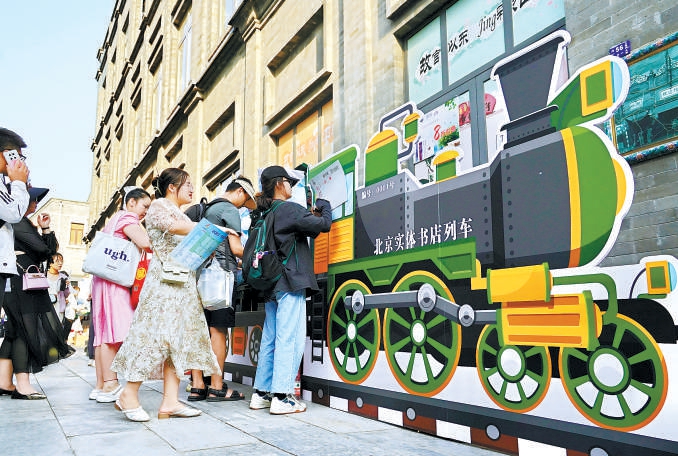
聚焦互联网时代书店转型
2023-06-21
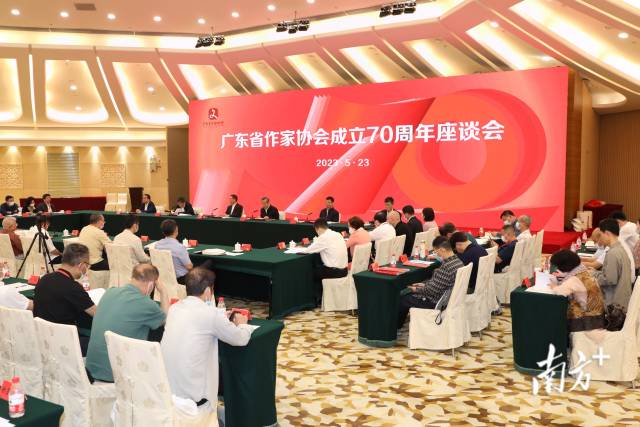
240万字《广东文学通史》问世!广东省作协七十芳华正青春
2023-05-25
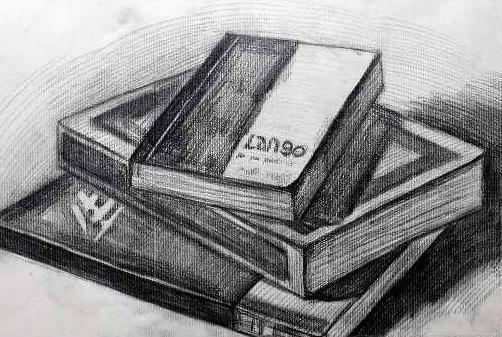
如何玩转北京国际图书节
2023-06-16



